Prince of Canino
Pronunciation:
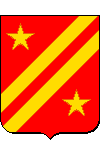
Lucien Bonaparte was born in Ajaccio on May 21, 1775, in the family home, Casa Bonaparte , located rue Malerba (now rue Saint-Jacques).
His political career began under the Directory, with his election to the Council of Five Hundred. He had not yet reached the minimum legal age to be elected. He therefore used his marriage certificate, itself obtained using his elder brother Napoleon's birth certificate.
His already glorious name and great ease of speech raised him to the forefront of members of the Council. He took a resolute position against the government.
On the eve of 18 Brumaire, he assumed the presidency of the Council. This allowed him to play a key role in the coup. His brother rewarded him by appointing him Minister of the Interior.
He remained in this post until November 1800. After which he became ambassador to Madrid. He managed to establish a solid alliance between France and Spain.
On his return, in 1802, he entered the Tribunate and passed the laws on the Concordat and the Legion of Honor.
Lucien Bonaparte had been a widower since 1800. His remarriage to Alexandrine de Bleschamp, the widow of a stockbroker named Jouberthon, crystallized the conflict that had been brewing for a long time between Napoleon and his younger brother. The latter reproached his elder for his tyrannical tendencies. As a result, Lucien was exiled to Rome.
The Pope Pius VII granted the outlaw the title of Prince of Canino in February 1808. He then resided alternately in his hotel in Canino and at the castle of Musignano, a few kilometers away. He indulged in hunting around the pavilion he owns in Cellere, in search of Etruscan antiquities or in the steel industry. For this last activity, he used ore that he brings from the island of Elba.
Lucien embarked for America when French troops entered Rome in 1810. Unfortunately, his ship was boarded by the English navy. Lucien therefore spent years under house arrest in Grimley, England, for having been afraid of a hypothetical arrest in Italy.
During the Hundred Days, Lucien sided with his brother. He became a member of the council of ministers chaired by Joseph Bonaparte and tried in vain to preserve the rights of Napoleon II after Waterloo.
Lucien was arrested by the Austrians when he leaved France under an assumed name. He was interned in Turin then placed under house arrest in Rome and finally at his property in Canino.
After 1821, the allies let him live in peace.
On June 29, 1840, in Viterbo, Lazio, Italy, Lucien Bonaparte succumbed to stomach cancer, like his father, his sister Pauline and – according to the official autopsy – his brother Napoleon.
"Lucien Bonaparte, Prince of Canino", by François-Xavier Fabre (Montpellier 1766 - Montpellier 1837).
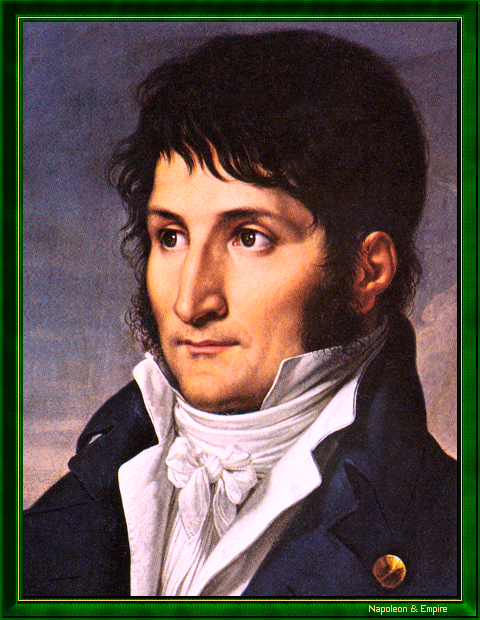
He rests in a chapel of the Collegiate Church of SS. Giovanni and Andrea de Canino.
A full-length bronze statue of Lucien Bonaparte, not far from the Collegiate Church, honors his memory in Canino.
Other portraits
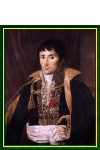
Enlarge
"Lucien Bonaparte, Prince of Canino", by Robert Lefèvre (Bayeux 1755 - Paris 1830).
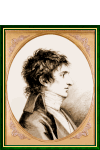
Enlarge
"Lucien Bonaparte". Engraving by Jacques Reattu (Arles 1760 - Arles 1833).
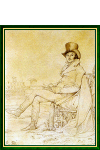
Enlarge
"Lucien Bonaparte". Drawing by Jean-Auguste-Dominique Ingres (Montauban 1780 - Paris 1867).